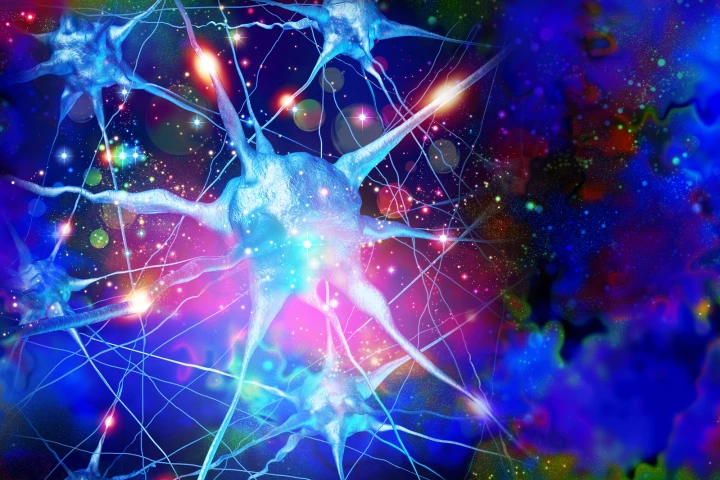Recovery
-
A natural psychedelic may do more than alter perception. A new study found that at sub-hallucinogenic doses, DMT shielded the brain from stroke damage in animal models, reducing inflammation, preserving the blood-brain barrier, and speeding recovery.
-
There are plenty of studies into the effects of cannabis on health. But a first-of-its-kind US study has found a connection between different patterns of cannabis use by patients and how well they recover from surgery.
-
Most treatments for strokes aim to help reduce or repair damage to affected neurons. But a new study in mice has shown that a drug already in use could help stroke patients regain motor function by getting undamaged neurons to pick up the slack.
-
When someone is recovering from surgery, they're typically encouraged to go for walks down the hospital hallways. Scientists have now found that by repurposing an existing device, it's possible to ascertain how much patients are heeding that advice.
-
When someone is recovering from joint surgery, it's important for doctors to monitor factors such as their range of motion. A new self-powered sensor could make doing so easier than ever, by wirelessly transmitting movement data from an orthopedic brace on that joint.
-
Patients recovering from strokes are often released from the hospital with arm exercises to do at home. That's why scientists are creating an electronic sleeve-based system, that ensures everything is getting done right.
-
An experimental new stroke treatment replicates and enhances the brain's natural reaction to being in an enriched, stimulating environment.
-
A high-tech superglue called Kryptonite speeds the recovery of heart patients after open chest surgery, shortening the current recovery time of eight weeks by 50 per cent.
-
A mechanical KERS system fitted to a bus has demonstrated more than 30 percent fuel saving over the London bus test cycle, yet can package around an existing transmission at less cost than an electrical solution.
-
Carcoon's inflatable, portable Server Shield shell protects sensitive equipment from dust and moisture.
-
This week, Miikka Ermes, Research scientist at VTT in Finland, will publicly defend his doctoral thesis presenting methods for analysing human biosignals, including innovative methods for the verification of brain damage following cardiac arrest.










